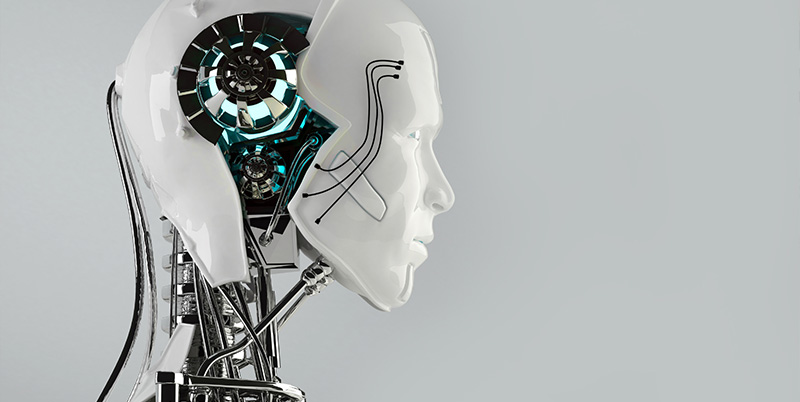
Integrating Robotics Use
The OMG's Robotics Domain Task Force seeks to expand robotics use and interoperability adoption. A recent article addresses how robotics will transform our lives in the coming years. The Robotics DTF can accelerate the integration and use of robotics in your industry.
Mission:
- Adopt and extend OMG technologies applicable to the robotic systems domain
- Collaborate with other standardization organizations to increase interoperability
- Promote mutual understanding between the OMG and robotics communities
Notable Deliverables:
- Robotic Interaction Service (RoIS): Defines a framework that can handle messages and data exchanged between human-robot interaction service components and service applications. It includes a platform-independent model (PIM) of the framework.
- Robotic Localization Service (RLS): Defines a robotic localization (RoLo) service that can handle data and usage specific to robotics. It includes a platform independent model (PIM) as well as a mapping of this PIM to platform specific model (PSM) defined by C++. In addition, two informative annexes are provided for the filter condition functionality.
- Robotic Technology Component (RTC): Defines a component model and certain important infrastructure services applicable to robotics software development. It includes a Platform-Independent Model (PIM) expressed in Unified Modeling Language (UML) and Platform-Specific Models (PSMs) expressed in Interface Definition Language (IDL).
Work in Progress:
- Robotic Interaction Service (RoIS) v2.0 RFP: This RFP solicits proposals for the following as well as RoIS 1.2 Specification: 1) Common interfaces between robotic service applications and components that provide functions for performing human-robot interaction. 2) A data structure for each interface. This RFP also solicits proposals for the following extension to RoIS 1.2 specification: 1) Semantic definition of requirements and functions of each component using Robotic Service Ontology (RoSO). 2) Isolation of communication model (infrastructure) of robotic functional components.
- Robotic Service Ontology (RoSO) RFP: A service robot is a robot that provides services to humans, or on their behalf, in the environment in which they live or work; by "service", we mean physical services as well as information services that operate in or interoperate with their surroundings, and that are primarily designed to support interaction with people. Service robots are typically designed for consumer rather than commercial purposes. They operate semi or fully autonomously to perform the services they are designed to deliver, and are capable of decision-making and acting in real and unpredictable environments to accomplish specific objectives. To describe the kind of services, capabilities and tasks that such robots might perform, including the terminology used to support rich interfaces between these services, components, sensors, and other elements in the robot's environment, common vocabularies or ontologies defining the robotic services, the related behaviors, the underlying components, and their interfaces are needed. The service robot industry is expected to grow substantially in the coming decades. However, there is no common understanding of the services that might be provided by these robots. We need a common vocabulary or ontology in order to describe robotic services and the components that comprise those services. Such an ontology will assist not only in communications among robots and between robots and the humans they support but will enable developers of both robotic services and robotic functional components to compose higher order robotic services from well-defined, consistent building blocks (components) and have confidence that the resulting services are consistent will work together as designed. IEEE [IEEE1872] provides an ontology that focuses on core (generic) terminology and capability of robot systems at a relatively high level. This ontology includes some basic concepts and definitions that can be revised and extended to meet some of the emerging requirements identified by the robotics community, but does not address requirements specific to robotic services, particularly for service robots (i.e., robots that are designed to interact with people), or meet the requirements specified herein. This RFP solicits proposals for the following: A set of basic ontologies that provide a semantic model of robotic services and related robotic functional components that can support communications and interoperability between robotic services and enable composition of such services.
Get Involved:
If you're an OMG member, have a member account, and want to get involved, you can Subscribe to The Robotics DTF Mailing List to receive frequent group email updates and/or contact [email protected]. If you don't know if your organization is already a member, check the OMG Member List, Request An Account, and follow the prior steps, if your organization is a member, to get engaged. If not a member and interested in getting involved please visit our Membership Overview Webpage and/or contact [email protected].

